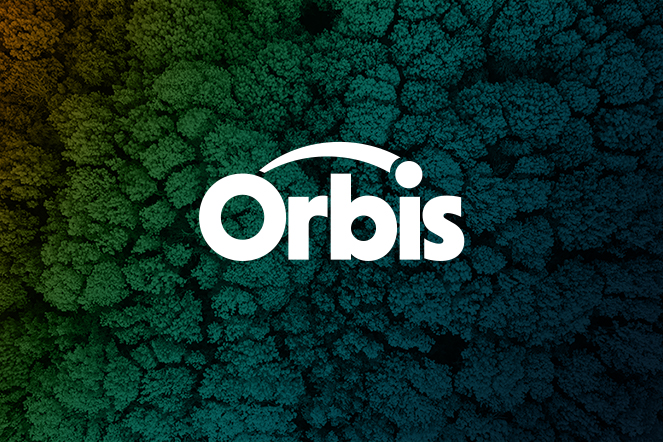
When it comes to timberland investments, how do you handle your property taxes? Catch-as-catch can? With a complicated and time-consuming spreadsheet? Or with careful planning, tracking, and follow up by state and county?
A lot of investment managers, agents, and assignees are so involved in generating long-term, risk-adjusted returns for their investors, that property taxes often take a backseat to managing the portfolio.
The truth is, most investment managers handle property taxes “as usual” – that means paying the property tax bill on time and at face value, as well as tracking it on paper or in a spreadsheet on the desktop, tablet, or laptop.
But leaving property taxes to the last minute, delegating accountability, or, worse, putting property tax recordkeeping, payment, and management on auto-pilot or in a one-mistake-and-it’s-all-lost spreadsheet, can lead to all kinds of problems, not the least of which includes:
- Disparate recordkeeping
- Erroneous payments
- Late filings
- Missing tax bills
- Mistakes and human error due
- Overlooked savings opportunities
- Unnecessary and unwarranted tax burdens
- Variable state and county tax laws and requirements
Fiduciary Importance
Property taxes – the payment, management, and recordkeeping of it all – is a critical component of fiduciary responsibility for timberland investment assets.
So, wouldn’t it be great if you were able to easily yet rigorously monitor and manage timberland assets property taxes?
Wouldn’t it be even better if it also resulted in more accurate, profit-enhancing accountability?
You can. Here’s how.
Property Tax Problems – and Potential Costs
But first, a little story. (Although this story is someone else’s it could be yours, too.)
There are some 200,000 acres of hardwood-filled land, located somewhere either side of the Mississippi. It intersects three states and no less than five different counties. It’s a beautiful expanse of land, made even more so from the vantage point known as profitability. The investment is doing well.
But a not-so-funny thing happened with the property last year about this time that very well could have impacted current and long-term profitability: there was a very large and very expensive potential overpayment hidden within the annual property tax bills.
Long story, short, the overpayment was thwarted, thanks to a technology-based solution we here at Orbis are proud to call ours.
Minimize Errors, Maximize Accuracy
Paying property taxes on timberland investments is a big task administratively, what with tens of thousands of acres of timberland, and all kinds of different tax rules, including early-payment discount incentives and late-payment penalties by state and by county.
Orbis’ full-service solution takes the property tax burden off your organization.
Our cloud-based solution organizes, tracks, and reports property taxes, saving you the administrative headaches, hassles, and costs associated with “as usual” property tax handling.
Of course, that’s a one-sentence simplification of what we do, but we’re not here to sell you. We would be happy, however, to talk about how we can help; but for now, let’s look at several reasons you may want to shift the management of your timberland investments tax history, programs, and payment details to a cloud-based solution.
12 Reasons to Let Go of Your Current Property Tax Payment Process/System
- Eliminate the administrative burden from you or your staff.
- Improve property tax payment accuracy and timeliness.
- Generate and maintain accurate property tax histories for every asset.
- Automate property tax payment processes.
- Reduce the potential for human error.
- Prevent duplications, overpayments, and other potential problems.
- Allocate resources more effectively and efficiently.
- Track and reconcile every aspect of property tax workflow.
- Improve cash flow management.
- Manage property tax jurisdictions and deadlines.
- Simplify reporting and recordkeeping.
- Save thousands annually on fees, errors, overpayments, and incongruencies.
Now that you know how technology-based property tax management can save both time and money, all that’s left is for you to do a cost-benefit analysis.
As you do, please keep in mind that automating your property taxes with real-time, accurate reporting, and a centralized repository can result in an immediate decrease in errors, duplications, and late payments – not to mention an overall increase of potentially thousands of dollars in annual savings.
So which part of property taxes do you think is most important: payment, reporting, or tracking, and why? We’d love to hear what you think in the comments.

Let’s Work Together
Orbis helps you make better sense of your assets, and better use of everything involved in managing them. Request more information or book a consultation with us today.
